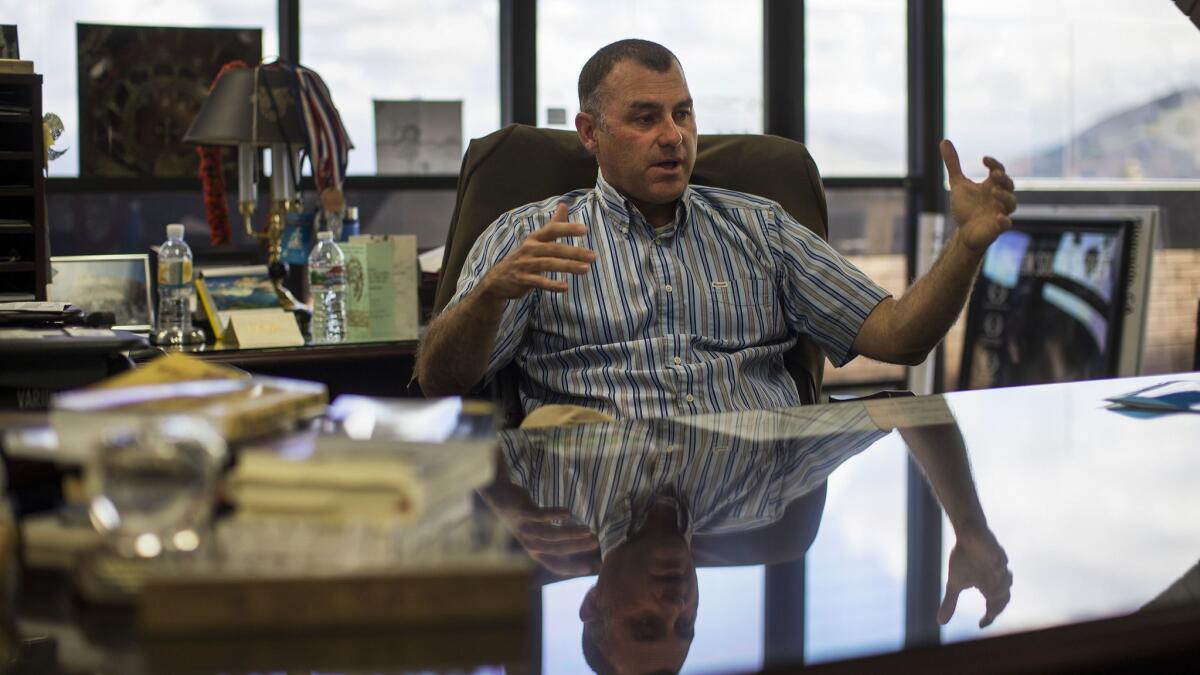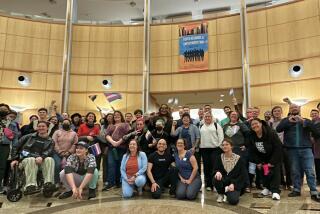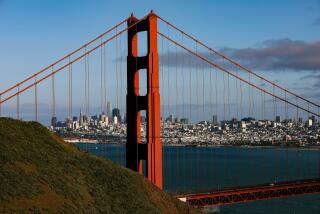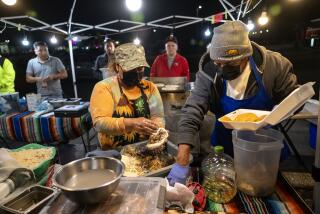Riverside City Council passes anti-racism vision; mayor challenges residents to have ‘courageous conversations’

A two-page anti-racist vision, referred to by Riverside Mayor William “Rusty” Bailey as a “Declaration of Independence” from racism, was approved by the Riverside City Council on a 6-1 vote at this week’s meeting.
The document is broken into several parts, with such headers as what being anti-racist looks like, how anti-racism begins, the forms it can take, courageous conversations and evidenced-based analysis. It asks for a commitment from the city to “contribute to greater racial equity.” There was also an inclusion for an annual review of the city’s progress.
A third page was added with the names of each of the seven City Council members on which they could sign along with the mayor, who had already added his signature.
“The authors [of the Declaration of Independence] signed it and meant every word that they signed their life to, and so I hope the council will do the same,” Bailey said at Tuesday’s meeting.
He challenged Riverside residents, businesses and organizations to take the statement “off of the internet now and circulate it among your place of work and place of meeting and through your family structure and have a conversation as it asks us to do about anti-racism.”
Some of the vision’s tenets include challenging policies that support racism and inequity, calling on educational institutions to create racially responsive curricula, inviting people to speak openly and listening to others about racism. The purpose of the document is to provide a clear outline of the city’s anti-racist principles, Bailey said.
The vision was created in the aftermath of George Floyd’s slaying by a Minneapolis police officer on Memorial Day and the protests that have followed around the country since.
Bailey said he asked Carlos Cortés, professor emeritus of history at UC Riverside and chair of the mayor’s multicultural forum, in June to draft a vision “of what an anti-racist Riverside would look like.”
On June 30, the City Council adopted a resolution calling racism a public health crisis, following other municipalities such as San Bernardino County.
Cortés said he went through four drafts and received comments from about 100 people.
“Each [draft] was circulated for a week to get feedback,” he said.
Cortés said the draft process allowed him to avoid certain pitfalls as he didn’t want the vision to be “overly apologetic,” “accusatory,” “too academic” or “too nerdy.”
“It’s not a huge policy statement with lists of things to do,” he said. “It’s a very brief two-page people’s vision.”
He said the biggest trap to avoid was trying to define “anti-racism,” which he said has tripped up academics across the country. Rather, there is a list of ideas of what being anti-racism is, he said.
While some members of the council praised the vision, Councilman Chuck Conder stood opposed.
The retired Air Force officer asked the mayor and Cortés where discrimination based on race was taking place within the city government, what city policies “did the mayor’s multicultural forum specifically find to be racist” and why was the city changing policies when “there’s really nothing found that was racist?”
Bailey and Cortés responded that the vision was more proactive then reactionary, non-accusatory and that the multicultural forum was not set up to investigate instances of discrimination.
“This is a vision, not a court,” Bailey said.
Conder said he did not understand why reverse racism did not factor in the anti-racism vision and he worried about “racial preferences and quotas.”
He said anti-racism “is an intolerant form of discrimination made to sound nice but designed by radicals to slowly and subtly overturn our democratic institutions.” Conder added that any council member who signed would be “violating their oath of office.”
Despite his objections, the vision passed.
“By having open discussions and honest discussions as they’re outlined here I think helps us grow as a community and as a city,” Councilman Andy Melendrez said.
More to Read
Start your day right
Sign up for Essential California for news, features and recommendations from the L.A. Times and beyond in your inbox six days a week.
You may occasionally receive promotional content from the Los Angeles Times.







